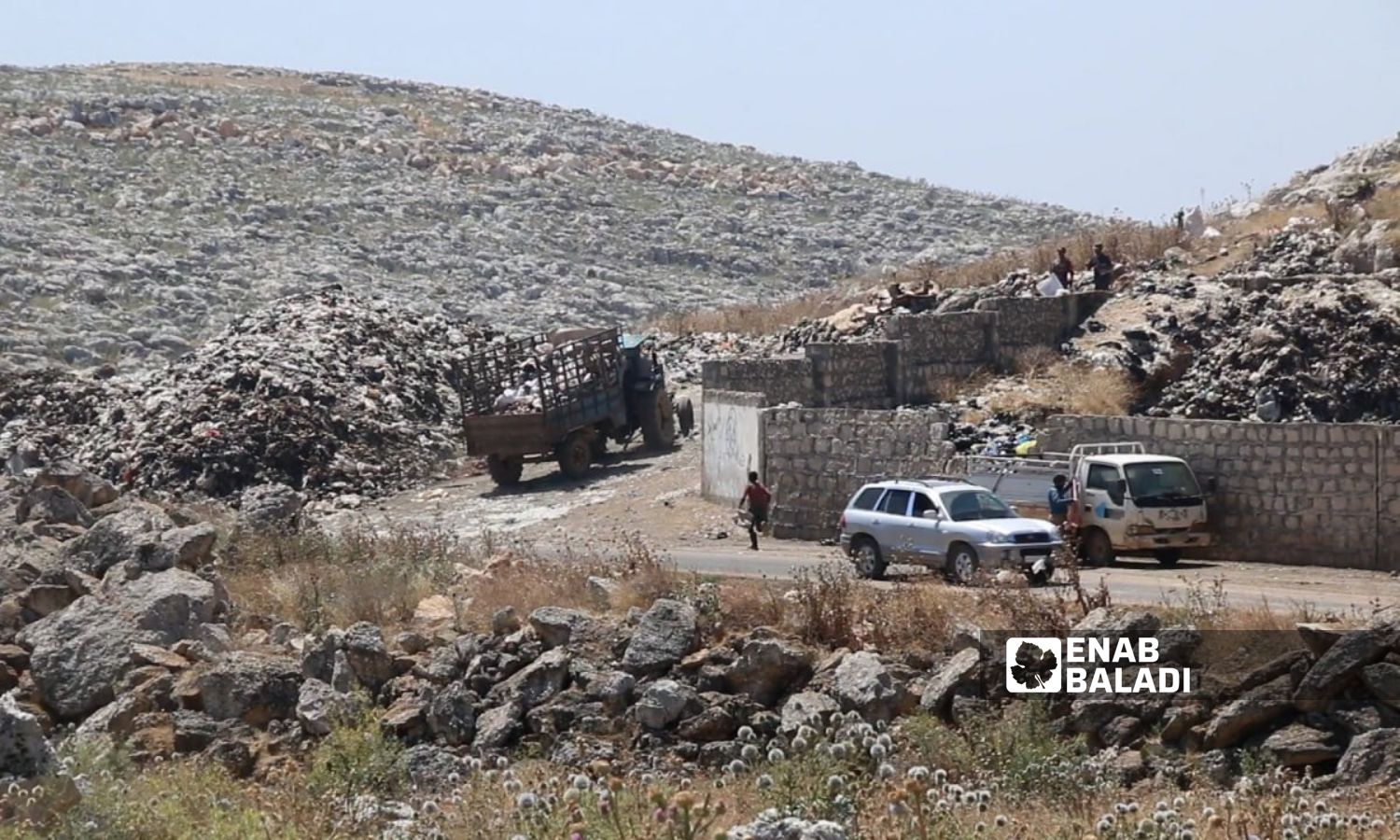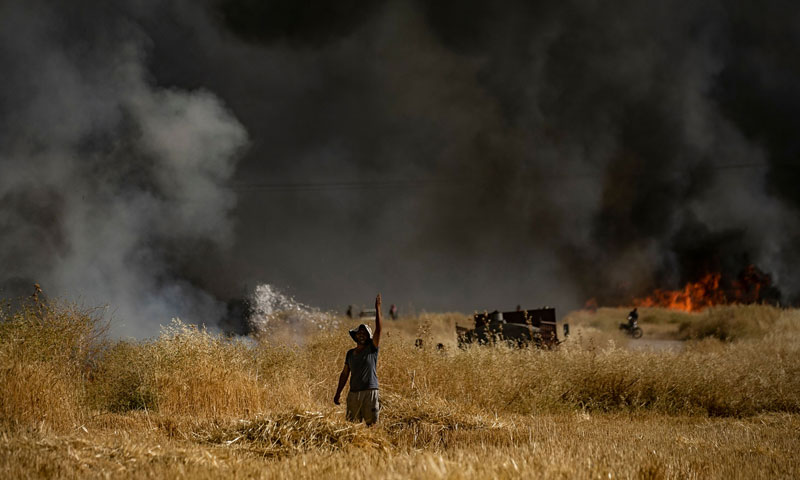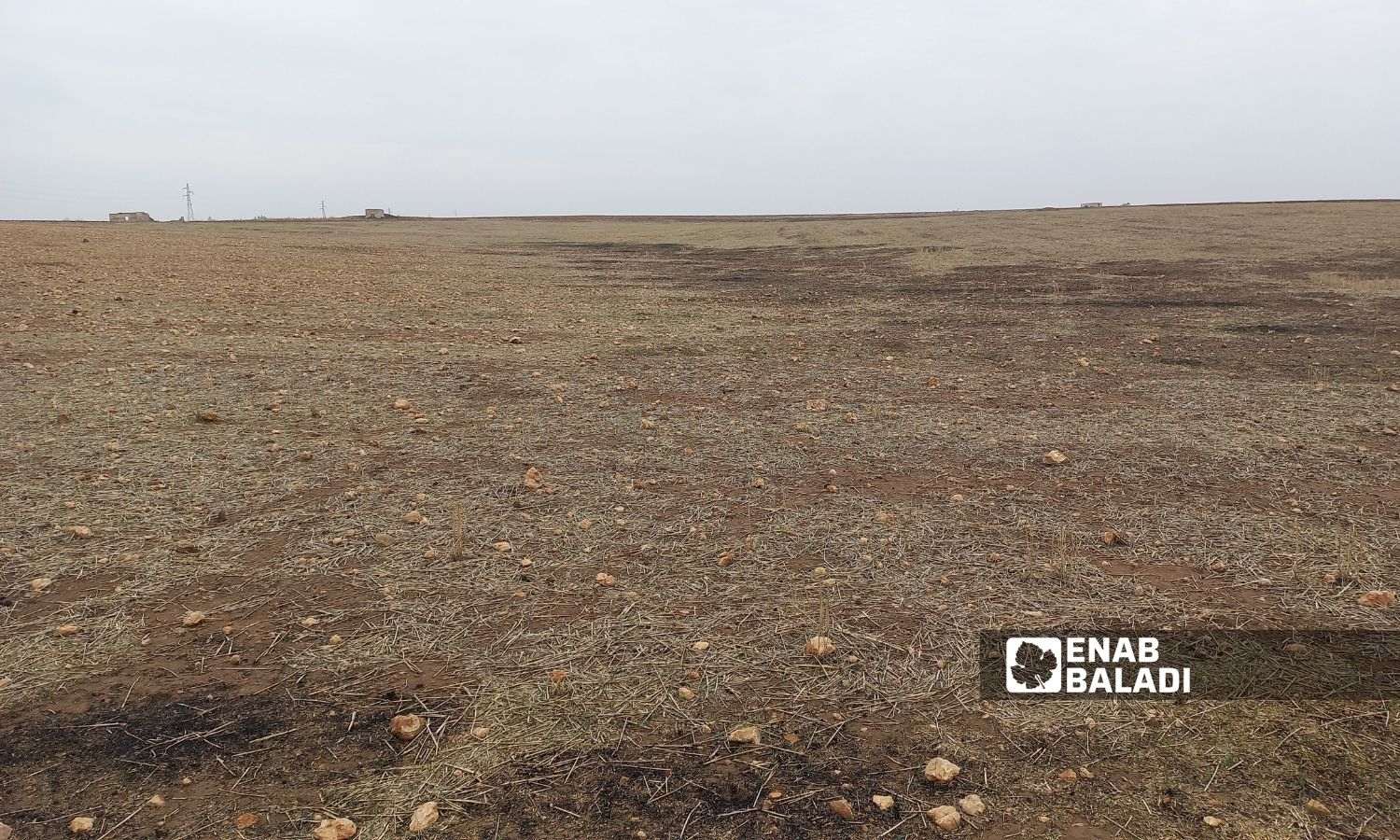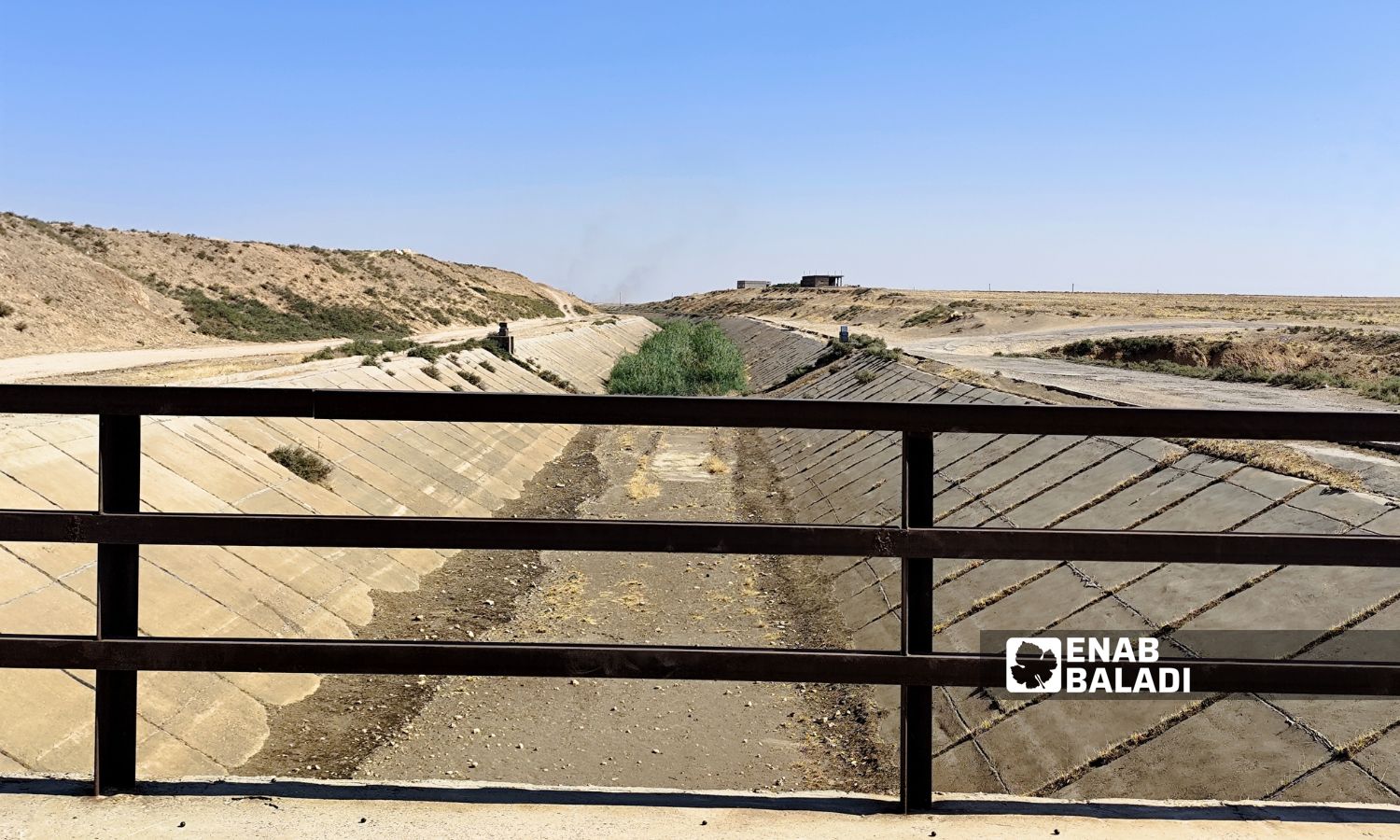War in Syria - Environment and Climate Change and Repercussions

The effects of 1200 oil refineries in Tahrin - Syria poisoning the air and soil. A forest and green cover was turned into barren land and a hotspot for gases, chemicals, and carcinogens, with 1200 primitive burners operating, pumping their toxins and waste, resulting in environmental disasters in the region's air, land, and health of workers and residents, leaving devastating effects that will take years to recover from.

Across Syrian geography with multiple areas of control, heaps of garbage and waste spread in cities and rural areas, forming breeding grounds for pests, insects, and animals like mosquitoes, flies, rats, cats, and stray dogs. It has become a source of epidemics, diseases, and foul odors, affecting humans and the environment.
The waste problem is escalating in northwestern Syria, where 5.1 million people live, 4.2 million of whom need assistance, 3.4 million suffer from food insecurity, 3.4 million are internally displaced, and 2 million reside in camps.

Many factors have contributed to farmers abandoning their lands in the Syrian Jazira region, particularly in al-Hasakah governorate. Some are natural, such as environmental and climatic conditions, while others stem from inefficient government management, which has exacerbated the negative impacts.

Over the years, rain-fed areas have surpassed irrigated ones in Tel Abyad and Ras al-Ain, where residents rely on agriculture as their primary income source. The soil has worsened due to excessive groundwater depletion, unsustainable farming practices, poor water resource management, and the drying up of many private wells. Agriculture has turned into a loss-making profession.

The drought of Khabour River is an environmental, social and economic catastrophe affecting hundreds of villages in Syria. The article explains the repercussions on the residents of these villages and on the economy as a whole